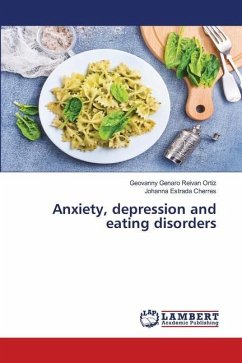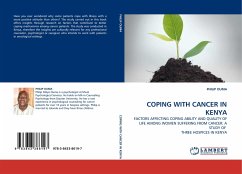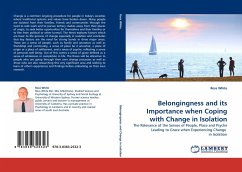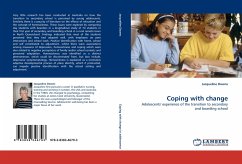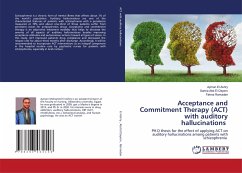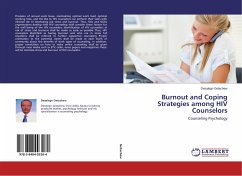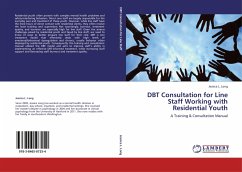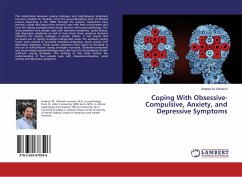
Coping With Obsessive-Compulsive, Anxiety, and Depressive Symptoms
Versandkostenfrei!
Versandfertig in 6-10 Tagen
27,99 €
inkl. MwSt.

PAYBACK Punkte
14 °P sammeln!
The relationship between coping strategies and psychological symptoms has been studied for decades. From the groundbreaking work of Richard Lazarus beginning in the 1960s through the present, researchers have learned a great deal about how humans cope with their environment and how the coping strategies they choose interact with psychopathology. This study examines how people cope with obsessive-compulsive, social anxiety, and depressive symptoms as well as how these three symptom domains influence the coping strategies a person utilizes. It was found that increased use of coping strategies ca...
The relationship between coping strategies and psychological symptoms has been studied for decades. From the groundbreaking work of Richard Lazarus beginning in the 1960s through the present, researchers have learned a great deal about how humans cope with their environment and how the coping strategies they choose interact with psychopathology. This study examines how people cope with obsessive-compulsive, social anxiety, and depressive symptoms as well as how these three symptom domains influence the coping strategies a person utilizes. It was found that increased use of coping strategies categorized under the avoidant coping factor were related to increased obsessive-compulsive, social anxiety, and depressive symptoms. Social anxiety symptoms were found to decrease as the use of self-sufficient coping strategies increased. Obsessive-compulsive and social anxiety symptomatology were also found to be predictive of self-sufficient coping strategies. The findings of this study further the understanding of how people cope with obsessive-compulsive, social anxiety and depressive symptoms.



